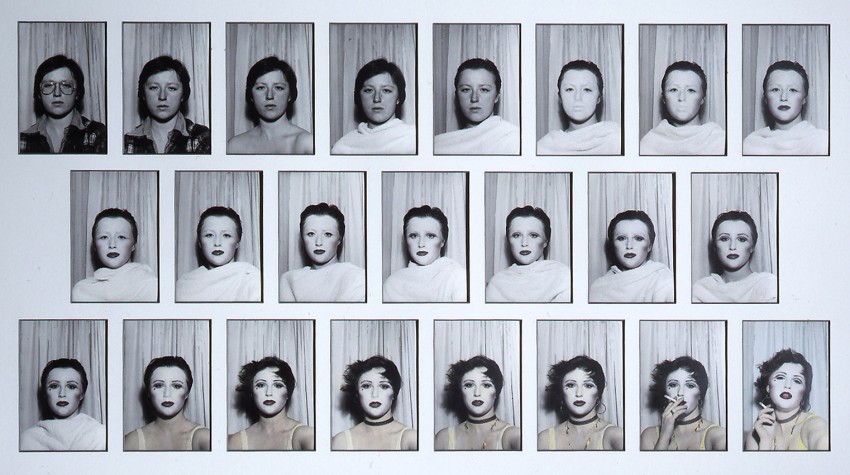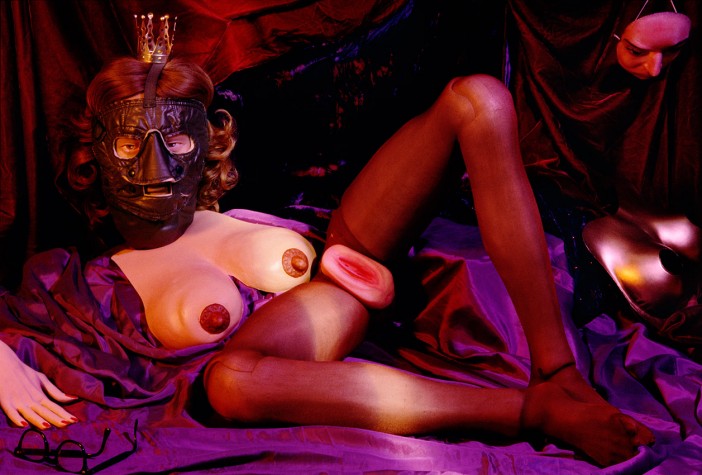"To be born a woman has been to be born, within an allotted and confined space, into the keeping of men."
- John Berger
"One is not born a woman, but rather, becomes a woman."
- Simone de Beauvoir
- John Berger
"One is not born a woman, but rather, becomes a woman."
- Simone de Beauvoir
According to Laura Mulvey, as stated in her essay "Visual Pleasure and Narrative Cinema", the male gaze refers to the role of witness which we must all play as a result of the fetishization of the female body. She writes that, "A woman performs within the narrative, [while] the gaze of the spectator and that of the male characters in the film are neatly combined without breaking verisimilitude" (838). The idea is that, as consumers of art, we are forced to adopt the part of the voyeur. Mulvey further uses Alfred Hitchcock's overt play with voyeurism and scopophilia to clarify the concept. In his films, Hitchcock refuses to take the subversive route, one is forced not only to adopt the male gaze but to become to male gazing.
Last year I went to see the Cindy Sherman exhibit at MoMa. In transforming herself from the "female object" to "active male spectator", had she defied the notion of a male gaze? Is the voyeur still a voyeur when the image on display is not being watched but rather being shown? Are those meant for his consumption, or hers? The male gaze lives on because we don't question it. And then when we do, it's provocative, it's pornography, it's unwelcome. In his 1974 BBC documentary, Ways of Seeing, John Berger says,
men act and women appear. Men look at women. Women watch themselves being
looked at. This determines not only most relations between men and women but
also the relation of women to themselves. The surveyor of woman in herself is
male: the surveyed female. Thus she turns herself into an object - and more
particularly and object of vision: a sight (47).
hooks defines a similar concept, “the oppositional gaze”, in her essay of the same name. She suggests that the oppositional gaze was forced upon black women because they were shown no one with whom they could identify. She then observes the gaze as a source of power rather than one which solely coerces submission. She argues that, “Black spectators actively chose not to identify...[and] were able to critically assess the cinema’s construction of white womanhood as an object of phallocentric gaze and choose not to identify with either the victim or the perpetrator” (122). Her opinion is strong, but her message not as widespread as one would hope... as I hoped. Today, where the black woman is missing in films and scripted television, she appears in the reality trash of our age, or on stage singing and rapping, or on the internet ripping bell hook’s precarious band-aid out of place.







No comments:
Post a Comment